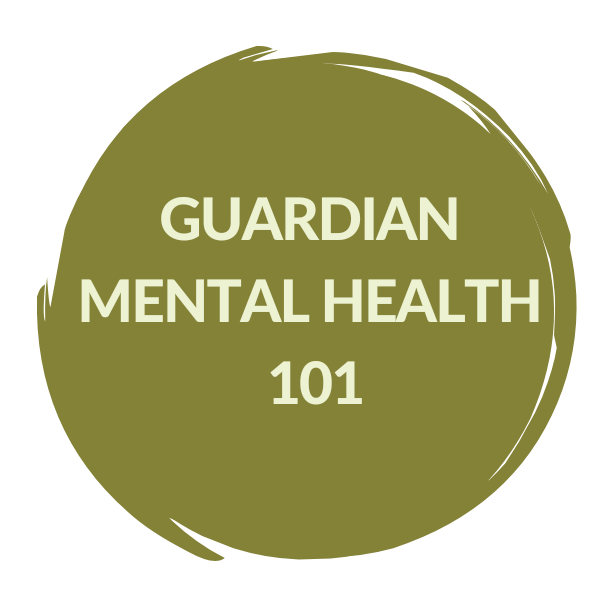Just the basics.
Have you ever wanted a step-by-step guide to taking control of your mental health?
Your wish is our command.
We've taken everything that we have learned from 1000s of hours with clients, and turned it into a concise, clear training.
We will teach you how to identify your unique mental health needs, then build a plan for how to take good care of yourself.
Duration: 6 modules, 20-30 minutes each
Cost: $99
This course is designed for you if:
You work as a guardian.
The course is specifically built for the strain that comes with working as a first responder or healthcare/deathcare professional.
You like structure and protocol.
By the end of this course you will build a clear protocol to follow. You will also learn how to adjust those protocols as needed, based on your individual situation.
You’re ready to get to work.
We can hand you the tools, but you need to do the work. Just like every other skill you use, this will require you to practice and learn.
You aren’t in crisis.
This isn’t a good resource if you are experiencing a mental health crisis, such as divorce, thoughts of suicide, or active addiction.
What you will learn:
Around here we believe in a balance between understanding and acting - we need to understand ourselves and what we need, then we need to take appropriate action. Each of the seven training modules will help you balance between those.
By the end of the training, you will be better equipped to:
Assess your own mental health. How are you really doing?
Build a resilience routine that is specific to your personality and your needs. There is plenty of noise out there about self care - but we will dive further into what it means to be proactive and protective.
Communicate with the people around you. Whether it's your spouse or your team at work, having effective language and assessment skills can make a significant difference in your relationships.
Adjust as needed. Whether you're simply adjusting to a new shift schedule or you need to increase your resilience routines following a critical incident, agility is key.

